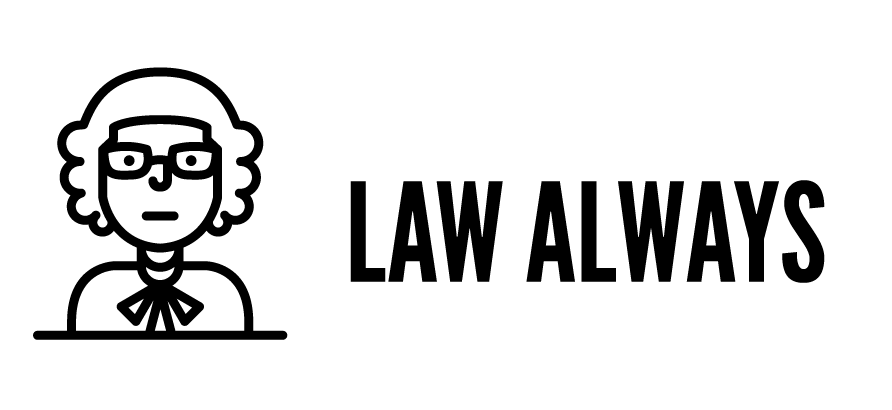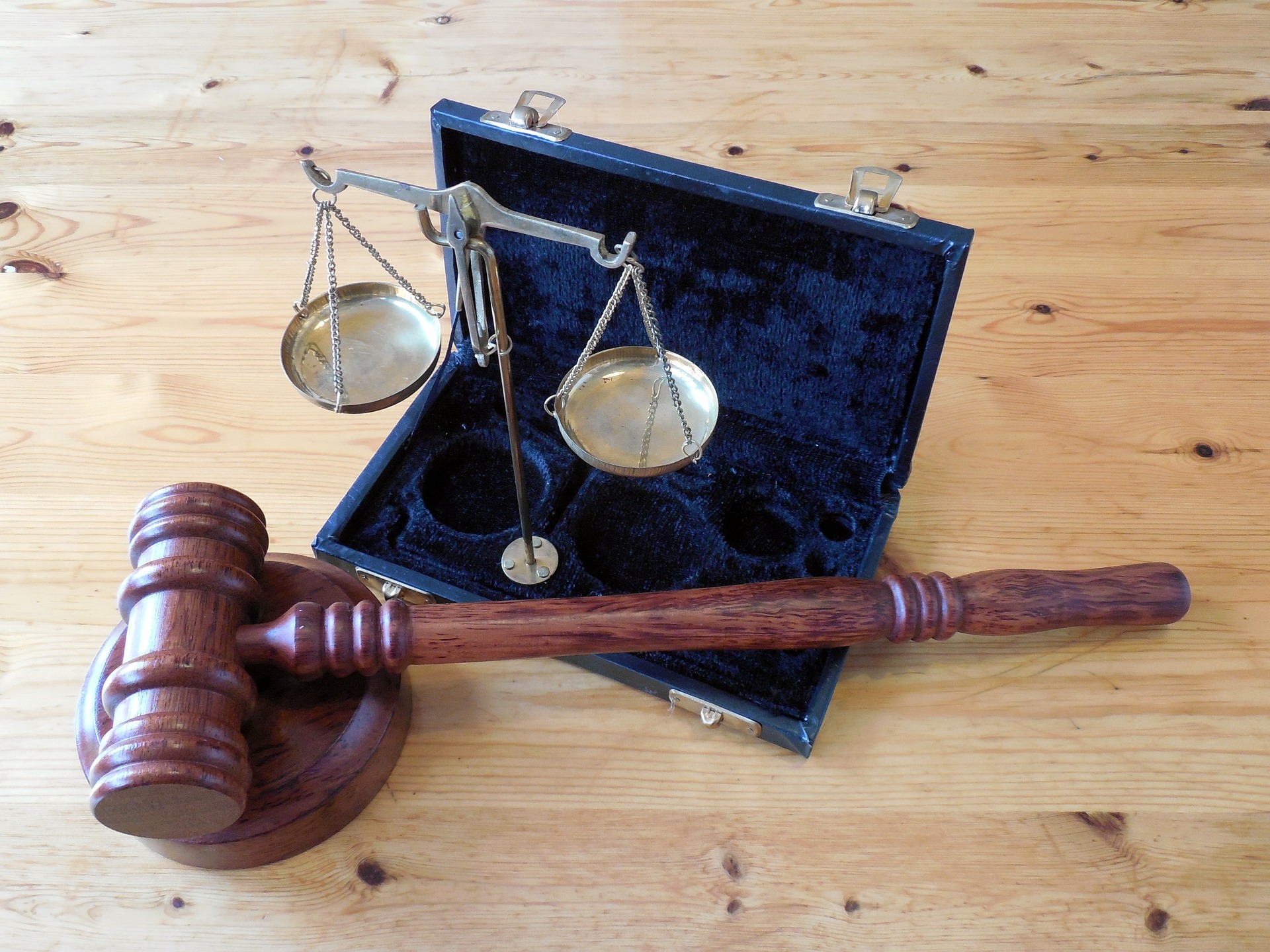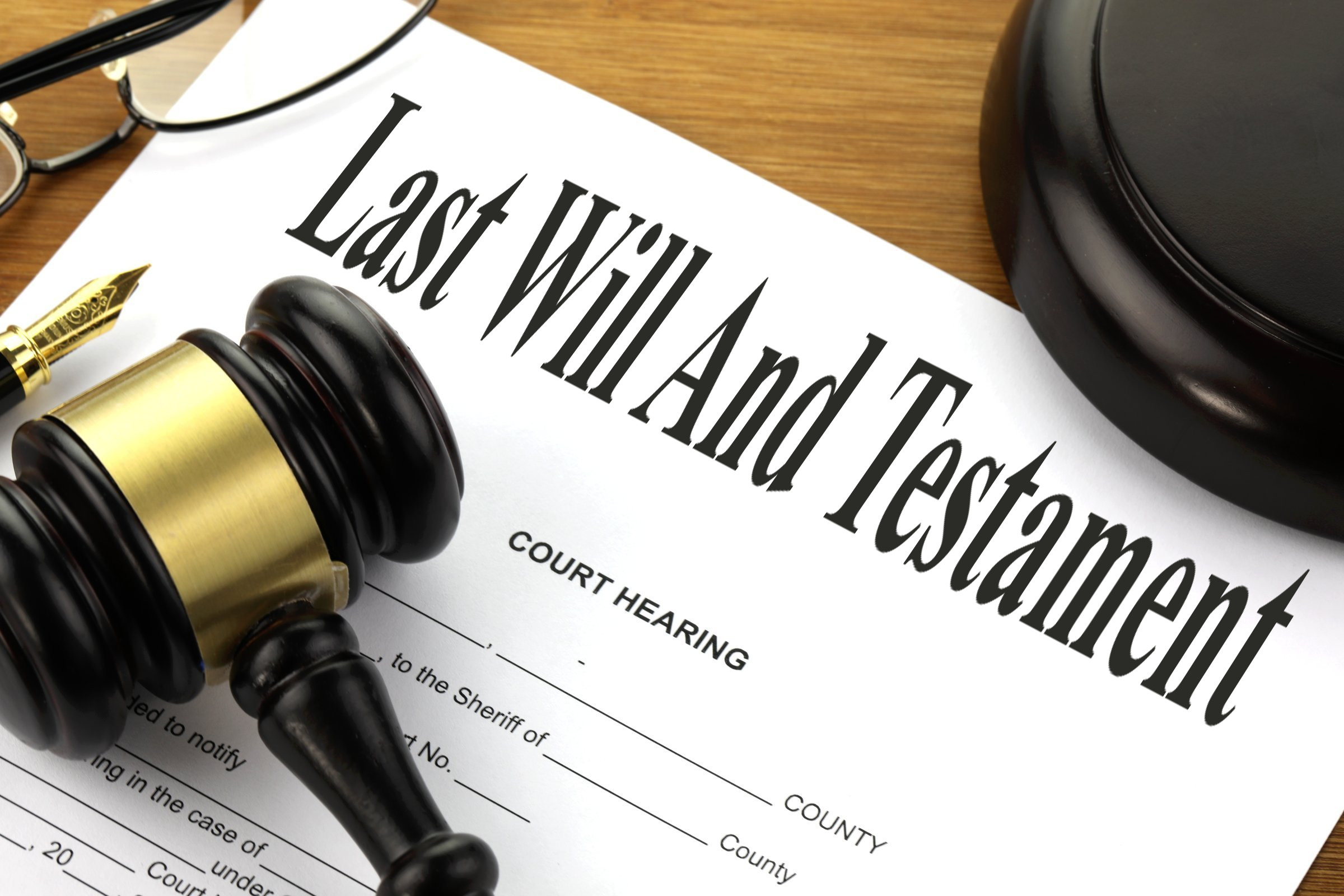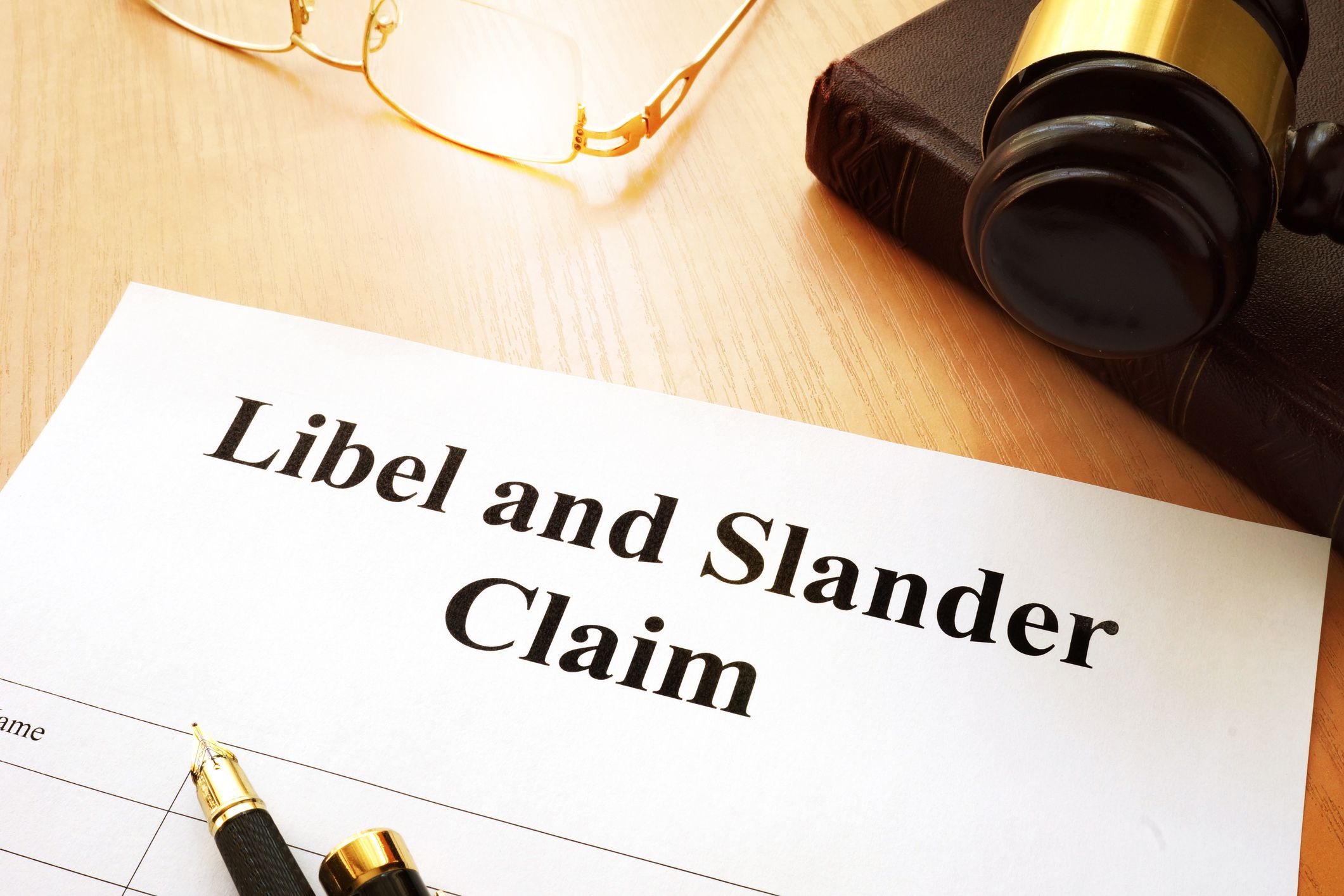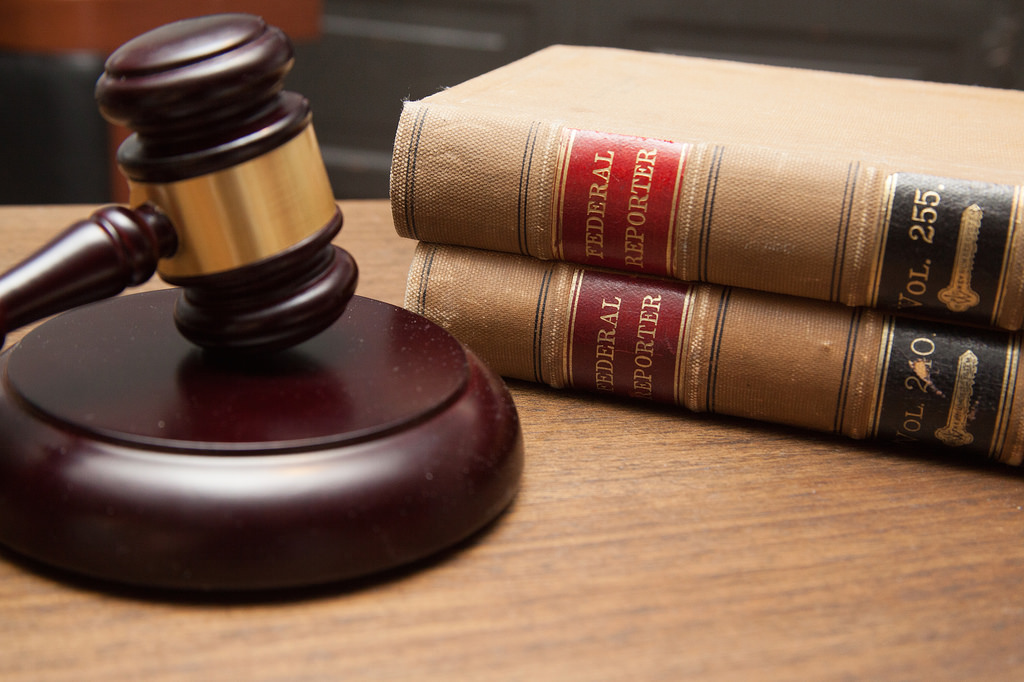Whether you’re the landlord or the tenant, you have both rights and obligations. It can be hard to navigate landlord-tenant law, but the laws will hopefully make things a lot easier no matter which side of the fence you’re standing. This should help both parties to avoid some pretty common mistakes and make resolving issues much easier and faster.
Agreements
A rental agreement or lease can be either oral or written. A written rental agreement is highly recommended as they are more easily understood should a dispute arise and it is a reliable record of contract. It can be a formally drafted contract or it can be a letter stating both party’s responsibilities. With that being said, rental agreements and any other written communications should be kept until you are certain you have no more need for it, whether you are landlord or tenant.
Rent and Deposits
Landlords can request a deposit from the renter. And renters can request their deposit be returned, given that the premises are not damaged or in need of remediation. When a tenant vacates the premises, deposits can be returned within the state-defined time frame. When a tenant does a walkthrough, both landlord and tenant should take pictures of any damaged items with a date stamp to be kept on record.
Landlord Obligations
Landlords of single-family homes or duplexes have to comply with building and health codes. Usually, changes can be made in writing. In addition to complying with building and health codes, landlords of apartments must also provide locks and keys, pest and vermin extermination, functional facilities, and garbage receptacles. No landlord is responsible for utilities unless stipulated within the rental agreement.
When the landlord needs to enter the premises, reasonable notice should be given and entry should occur within reasonable hours. A landlord’s right to access should not be abused or used to harass the tenant. If for any reason a landlord is not compliant, the tenant has the right to terminate the rental agreement.
Tenant Obligations
Just as landlords are required to comply with building and health codes, tenants share this responsibility. The dwelling should be kept clean and sanitary. Tenants and their guests must conduct themselves in a way that does not disturb neighbors. Rent should be paid on time and penalties and fees are assessed according to the terms of the lease. Typically rent can be withheld if basic needs are not being met, such as no access to water or heat.
There are times when the landlord will need to inspect the premises, and the tenant should not unreasonably withhold consent for him or her to do so. If a tenant is noncompliant, the landlord has the right to terminate the rental agreement.
Be sure to acquaint yourself with your state’s laws regarding landlord and tenant rights and responsibilities. Knowing what applies specifically to your situation will be extremely helpful in reaching a resolution. And regardless of whether you’re landlord or tenant, don’t sign any agreements that you don’t understand or agree with. Make sure your questions are answered and your concerns are addressed.
